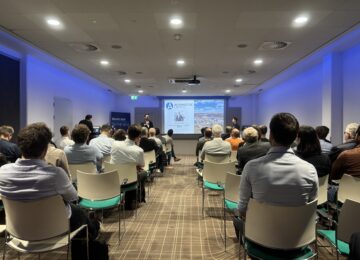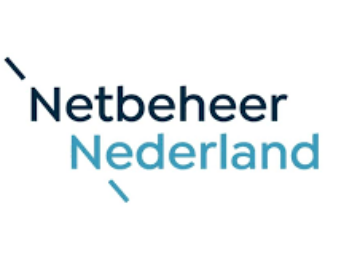Netherlands grows into world solar champion, combination with storage becomes more important
Thanks to 4.8 gigawatt peak installed solar power capacity, the Dutch solar energy sector grew (slightly) again in 2023, reports Dutch New Energy Research (DNE Research) in the National Solar Trend Report 2024. The Netherlands now has a total installed capacity of just under 24.4 gigawatt peak. That means about 1,386 watt peak - or 3.5 solar panels - per inhabitant, making the Netherlands the world champion of solar energy. However, this is entirely due to a strong first half that turned to contraction in the second half of 2023.
The Netherlands installed 4.8 gigawatt peak solar power capacity by 2023. This brings the total installed capacity to just under 24.4 gigawatt peak. Per inhabitant there is now 1,386 watt-peak - or 3.5 solar panels - installed, which means the Netherlands has passed Australia as world champion of solar power that concludes DNE Research in the National Solar Trend Report 2024.
A record 2.55 gigawatt peak was installed in the residential segment. That is 17 percent more than in 2022, the previous record year. Growth in the business segment is also robust at 2.25 gigawatt peak. Since 2019, both segments have grown by a factor of three and, as a result, both are among the absolute best in the world - on a per capita basis.
"This also means that the Netherlands is one of the first countries to face large-scale challenges around the further integration of solar power capacity into the energy system. The solar energy sector is therefore now entering a new phase," said Daan Jansen, principal investigator of DNE Research.
Indeed, in the business segment it is becoming increasingly difficult to realize projects due to wildly fluctuating material prices and interest rates, the preferred solar order and grid congestion. In addition, extreme consumer demand due to the energy crisis on the one hand and hyper-sensitivity to negative coverage of solar panels on the other hand have caused a strong growth in the residential segment, which has turned into a sharp contraction in a few months. DNE Research expects the contraction - without additional policy and innovation - to continue for the next three years across the solar industry.
"The growth that the Dutch solar energy sector has experienced in recent years cannot be taken for granted," Jansen states. "So smart projects and developments are needed in both the residential and business segments that can deliver a lot of value with little grid capacity. To maintain momentum, smart innovative projects and matching policies are needed."
This is necessary because the National Energy System Plan outlines a need for some 59 gigawatt peaks by 2030, 98 gigawatt peaks by 2035 and 172 gigawatt peaks of solar power capacity by 2050. Therefore, an average growth of 5 gigawatt peak per year is needed until 2030 and then as much as 8 gigawatt peak per year toward 2035.
"We need to make our energy system more sustainable, reduce energy costs further and become more independent from countries we don't want to be dependent on. With smart, innovative solutions, we as a sector are going to ensure that our energy system becomes really clean and cheap. Yes it will be exciting, but few people would have thought it possible that the Netherlands would become world champion in solar energy," says Wijnand van Hooff, general director of Holland Solar.
"The potential of solar power is enormous, but consumers need clarity on the balancing scheme. That discussion has been going on for far too long and brings uncertainty. Consumers are now totally unnecessarily postponing the purchase of solar panels," said Doekle Terpstra, chairman of Techniek Nederland. "Even after the phasing out of the scheme, solar power remains an interesting investment. Advice becomes increasingly important, think for example about the optimal use of the generated power, battery storage and maintenance of the installation."
One of the necessary smart, innovative solutions is the link with energy storage, observes Maarten van den Heuvel, chairman of Energy Storage NL. "If we really want to make work of the energy transition, we need a rapid scaling up of the number of storage projects. To realize storage projects in the Netherlands, a good business case and a level playing field are necessary. If we want to match our energy demand to supply, many forms of energy storage are necessary. Without energy storage, the energy transition slows down on all sides."





